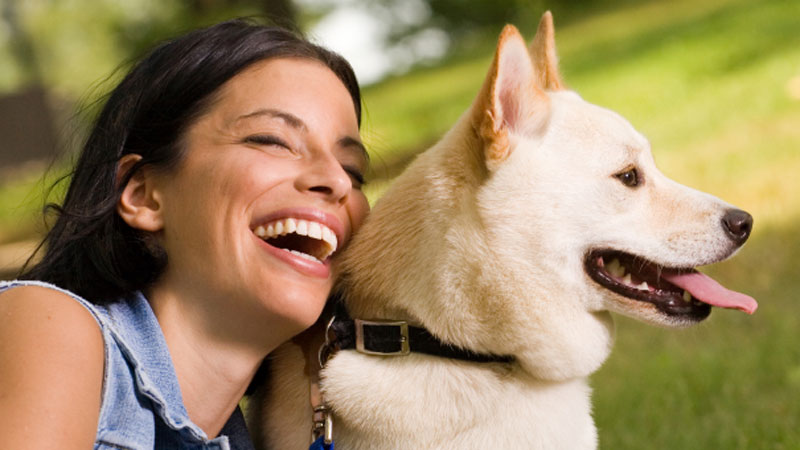Fireworks and Dogs
With autumn upon us, we need to think about that time of year when many dog owners dread fireworks night. Except in many cases, it’s not only a night but can last a fortnight and be a very stressful period for both dog and owner.
If you have a puppy at this time of year then prevention is definitely better than cure. You can purchase CDs/downloads of loud bangs and noises to play at home so the puppy becomes accustomed to them. Use the hoover around them, get some noisy children around and generally don’t tiptoe around them. If they do start to show a fear response then don’t reinforce it by comforting them. They will often look to you for a reaction and if you are continuing with your business and ignoring the noise then they will often do the same. But if you rush over and soothe them they will assume that there is indeed something to worry about.
With older dogs that already have an established firework anxiety then there are several things you can do. It’s still worth playing the loud noises at home for a couple of weeks just to try and condition your dog to them. Again, don’t react if your dog shows any signs of fear. In the evenings when fireworks are due to start shut the curtains, turn up the tv, behave normally and relax and again don’t react to anything yourself. Make sure your dog has a safe place-if he feels secure cowering behind the sofa then just let him do it.
If your dog’s fear involves a higher degree of anxiety (panting, salivation, pacing, vocalising) then you can try some calming medications. There are a lot of natural supplements that can help but you do generally need to begin medicating 2.-3 weeks before the fireworks start and continue medicating throughout the stressful period. One example is Zylkene-which contains an analogue to a milk protein which reduces anxiety in babies. There are others available so speak to your vet.
Stronger drugs are often required if your dog is really stressed and becomes destructive both to themselves or your home. The drug of choice is Diazepam-this reduces anxiety without sedating. Sedation is to be avoided if possible as this can exacerbate the problem in later years. While sedated your dog can often still hear the fireworks but is incapable of reacting to them. If you are really concerned then discuss with your vet who can help you decide a suitable protocol for helping your dog.


